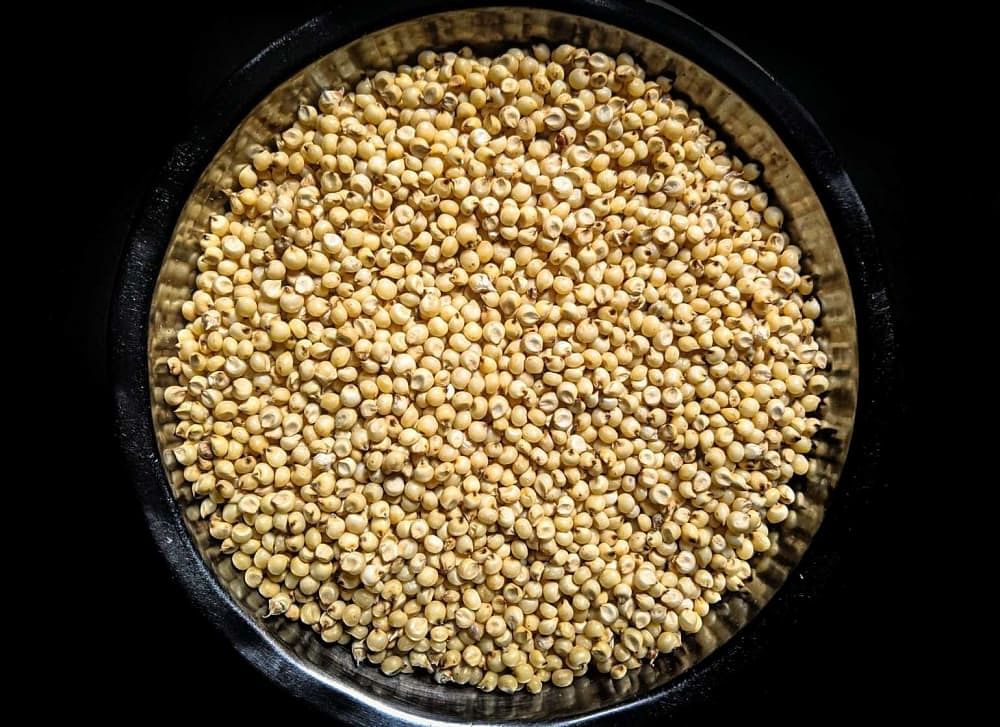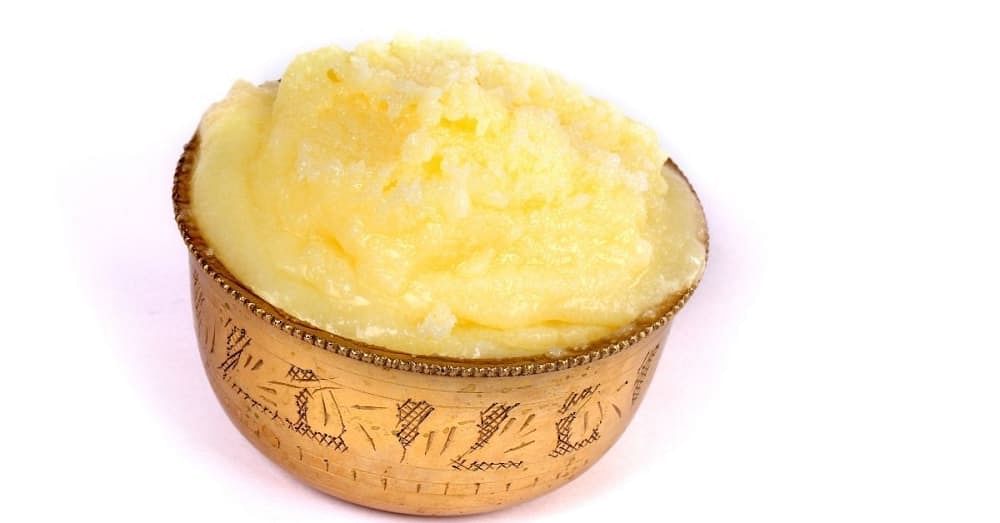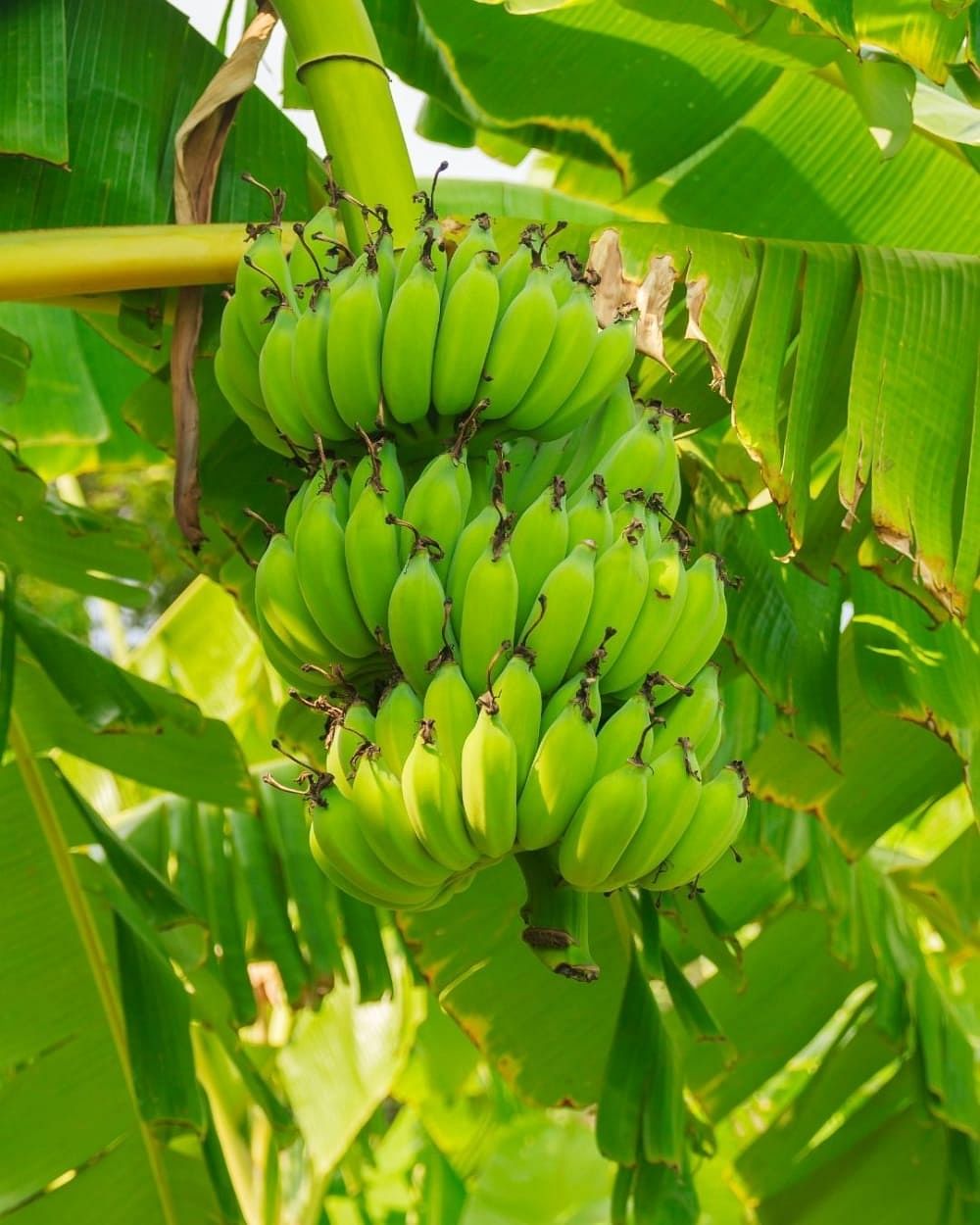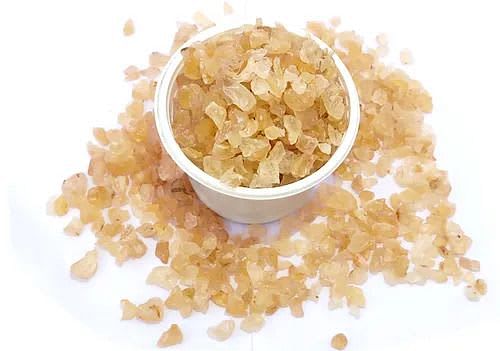We all wish to live healthy lives and make good choices in our diet. What we put in our system can impact our well-being and performance every day. This is why we should consider healthy foods like jowar.
What Is Jowar (Sorghum)?
Have you ever wondered, what is jowar?
Jowar or sorghum is a cereal grain better known as jowar in India. It can be found in tropical and subtropical climates. People have been eating sorghum for over 5000 years. Its many uses and benefits can be traced back to several civilisations across the world.
It is said to be the fifth most important cereal crop grown in the world. Many cultures recognise jowar benefits. Not only is it a healthy cereal, but it also happens to be a great gluten-free alternative to wheat. Jowar is often used as animal fodder too.
Jowar Nutritional Value
Why is sorghum one of the most popularly used cereal grains in the world? The answer lies in the jowar nutritional value. Jowar is packed with all kinds of vitamins and minerals while also offering great protein and fibre content for your dietary intake.
Did you know that for every 100 g of jowar, you get 3.5 g of fat? Of this, only 0.6 is saturated fat. In 100 g, 72 g makes up carbohydrates. About 2.5 g of the carbohydrates are sugar, and 6.7 g is dietary fibre content. Further, 100 g of jowar gives you 11 g of protein, which accounts for 22% of the recommended daily value.
There are many uses of jowar for your health. Jowar’s nutritional composition includes calcium (53.8mg), sodium (11.5mg), potassium (672mg), iron (8.4mg) and phosphorus (551mg) per 100 g of jowar. It is also rich in vitamins such as thiamine, riboflavin, and niacin.

Jowar Benefits
There are many jowar benefits due to its high nutrient composition. It is a desirable grain because it can contribute to good health. Here are some great sorghum benefits:
1. Gluten-free
Wheat and barley-based food contain a certain protein component called gluten. It often creates digestive issues such as stomach cramps, bloating, or pain. Those who have gluten intolerance or celiac disease can eat jowar as it is a gluten-free whole grain. It is thus a great alternative.
2. Rich in Fibre
Compared to barley or rice (other cereal grains), jowar has a much higher concentration of fibre. Just one serving of jowar contains over 12 grams, which makes up almost half the recommended daily intake of fibre. A high-fibre diet lowers the risk of obesity, high blood pressure, cardiac disease, stroke, diabetes, and digestive problems.
3. High in Protein and Iron
Since jowar provides 11 g of protein per 100 g, it supplies the body with enough energy. It also helps in regenerating cells. As it also happens to have 8.45 mg of iron in every cup, it helps cover the body’s iron intake. However, the iron in jowar is non-heme, which means it is difficult to absorb. It would be best to pair it with some Vitamin C for maximum benefit.
4. Good for Bone Health
Magnesium helps to increase calcium absorption in the body. Since jowar contains high magnesium levels, it helps maintain the calcium levels and strengthen our bones.
5. Jowar Benefits for Hair
Jowar benefits for hair include better hair growth and prevention of hair loss. If you add jowar to your diet, your hair quality will improve. This is because a single helping of jowar offers 58% of the recommended allowance of copper.

6. Packed With Vitamins, Minerals, and Micronutrients
Jowar is vitamin-rich. It contains B vitamins, which are required by the body for building new tissues and cells. It also contains potassium and phosphorus. Jowar also holds low traces of zinc, copper, and over 20 micronutrients. It is also rich in antioxidants.
7. Improves the Digestive System
As jowar has high dietary fibre content, it can aid better digestion. This is because fibre is a bulking agent, which the body needs to pass stool smoothly through the digestive tract. Hence, this whole grain can improve your digestive health. It has the potential to treat conditions like diarrhoea, bloating, stomach ache, and constipation.
8. Improves Heart Health
The high fibre content in jowar also lowers LDL (or bad cholesterol) levels in the body. This can reduce your chances of a heart attack. The cholesterol-lowering properties of jowar work to improve blood flow, prevent arteriosclerosis and hinder plaque formation.
As jowar contains antioxidants, it helps avoid several cardiovascular conditions. Jowar’s usefulness extends to regulating plasma LDL cholesterol concentration while boosting HDL levels in the body.
9. Anticancer Agent
One of the best parts of adding jowar to your diet is that it can help prevent cancer. Jowar’s bran layer contains highly rare antioxidants that do wonders for the body. These antioxidants are found in very few other foods all over the world. They are highly useful in reducing the chances of developing particular kinds of cancer, such as oesophageal cancer.
Those who eat jowar have a far lower chance of developing such diseases compared to wheat or corn consumers. The antioxidants present in jowar eliminate free radicals that initiate the development of cancerous cells.
10. Jowar for Weight Loss
Many people eat jowar for weight loss as it has a much higher concentration of dietary fibre compared to other cereal grains. This fibre content helps to keep satiety levels high and lower the desire to eat by controlling hunger pangs. So, it not only reduces your appetite it also helps you lose weight in the long run.

11. Lowers Risk of Diabetes
Excessive carbohydrates in the body result in sugar compounds breaking down in the body and leading to high glucose levels. This can often result in diabetes. Those who already have diabetes struggle because sugars directly attack the system. However, the bran present in jowar is rich in tannin. It secretes enzymes that reduce the absorption of sugar and starch in the body.
This makes jowar one of the best foods to consume as it regulates glucose and insulin levels in your body. You wouldn’t have to worry about spikes and plunges in your glucose levels. For those with diabetes, this means no diabetic shocks or other health complications.
12. Higher Energy Levels
Jowar is a rich source of niacin, otherwise known as Vitamin B3. Niacin is an important element that transforms food into a form of energy that can be used by the body. It works to break down and metabolise nutrients into energy, ensuring that your energy levels are consistent throughout the day.
You won’t experience sudden spikes and falls in your energy that often happens due to sugar rushes. Jowar can provide approximately 28% of the recommended daily intake of niacin in just one serving.
13. Improves Circulation
Jowar is rich in copper and iron, and these two components work together to improve the circulation of blood in your body. Iron is vital for the development of blood cells. Copper helps your body to absorb iron better. It increases the development of red blood cells, stimulates cellular growth and repair, and overall increases blood circulation.
This also implies you have a lower chance of getting anaemia. It is also recommended to introduce jowar in your diet as it improves hair growth on the scalp. Just one serving of jowar can offer you up to 58% of the recommended daily intake of copper.
14. Protection Against Melanoma
The cancer melanoma affects your skin. However, the cancer-fighting antioxidants present in the bran of jowar can help treat melanoma. This is because jowar has a tanning effect, which helps to prevent melanoma by stopping pigment-containing cells on the skin from growing.
15. Boosts Immunity
As jowar is extremely rich in nutrients such as magnesium, copper, and calcium, it helps keep the bones and tissues strong. Iron helps increase red blood cells in the body. Naturally, all these positive effects in the body help improve our immunity.
16. Reduces Body Inflammation
Jowar helps to reduce inflammation in the body as it is high in phytochemical antioxidants. Phytochemicals are usually found in fruits, vegetables, legumes, grains, and nuts. It can reduce the chances of diseases such as cancer and heart ailments.
17. Jowar Benefits for Skin
There are many jowar benefits for skin. Jowar is rich in calcium, iron, magnesium, phosphorus, folate, niacin, thiamine, riboflavin, and antioxidants. All of these work together to keep your skin healthy and glowing. In fact, you can even make a jowar face pack to improve the quality of your skin.
Take 2-3 teaspoons of jowar flour, and mix in 2 teaspoons of curd and a few drops of honey. You can then gently apply this to your face and keep it on for 15 minutes. After rinsing it off, you will see your skin is hydrated and bright.

Uses of Jowar (Sorghum)?
Because jowar is the fifth most important cereal globally, there is a range of uses of jowar. The most common use of jowar is to make a flour of the grain, which can be used to make different types of bread. It is gluten-free, making it a great alternative for people who are allergic to gluten or suffer from celiac disease. If you cannot have wheat, simply swap it for jowar.
Jowar is also popularly manufactured for syrups and molasses. This grain can also be utilised in making different types of alcoholic beverages and biofuels worldwide. Beyond its uses for humans, jowar can also be used as fodder for cattle.
Jowar Vs Bajra
If you were to compare jowar vs bajra, you would find that the micronutrient content is quite similar. You can see the nutritional value of both below:
As you can see, they both have similar nutritional values. Jowar will help lower the risk of heart diseases and cholesterol. It has cancer-fighting properties and is packed with protein, calcium, and iron. Bajra, on the other hand, offers a rich source of energy, improves digestion, and is good for the heart. Bajra can also increase insulin sensitivity, which is great for those with diabetes.
Jowar Side Effects
If you are worried about jowar side effects, be assured there are no considerable side effects of jowar. The only possible risk is for those who are allergic to grains. Even then, such cases are rare. Bear in mind, as good as jowar is, you must eat it in moderation. Anything in excess is not good for you.
How Can You Make Jowar a Part of Your Daily Diet?
Adding jowar to your diet is a healthy decision. In a balanced diet, you would require 55-60% carbohydrates. You can achieve this by eating one or one-and-a-half servings of jowar twice a day. You can choose to eat it as part of any meal.
These are some ways in which you can add jowar to your diet:
- The easiest way would be to make jowar rotis. But use other cereals and pulses while making it. For example, you can mix 50% whole wheat with 50% jowar to make multigrain atta. You can also try this with other grains like bajra and ragi. There are many jowar roti benefits.
- You can use jowar flour to cook porridge. This is especially healthy for children. You can also make multigrain atta by mixing jowar with green gram, chana dal, or sago. While making the porridge, ensure that you use the ratio of one-part flour and three parts water.
While making savoury recipes, add some cumin and salt. However, if you would like to eat it sweet, you can add jaggery and milk. You can chop up and sprinkle some crushed almonds for added nutritional value.
- You can also use jowar in south Indian recipes like idli and dosa. All you need to do is add jowar to the usual rice batter in a 2:1 ratio. This means two parts jowar flour and one part rice idli batter.
- If you want to make healthy desserts, you can make jowar cupcakes by replacing the refined flour with 50% whole wheat and 50% jowar flour.
Bear in mind that jowar is denser than whole wheat. The taste of jowar may require some time to get used to. However, in the long run, diversifying your food grains will increase the nutritional quotient of your daily diet.
Jowar (Sorghum) Healthy Indian Recipes
Yes, there are many jowar roti benefits. However, the grain is just as nutritious in other recipes. Healthy food can be tasty too. Here are some recipes that will help you incorporate jowar into your daily diet while also tickling your tastebuds:
- Jowar pancake
- Dates and coconut modak with jowar flour
- Ragi and jowar kanji
- Jowar upma
- Jowar cheela
Summing Up on Jowar Benefits
There are many jowar benefits for the body. Whether it is for your internal system, hair, or skin, jowar has the power to improve your health. It should definitely be incorporated into your diet. Moreover, there are many delicious recipes that make eating jowar fun.
FAQs
If you still have any questions regarding jowar nutritional value, read on:
Can Jowar Be Eaten Every Day?
Yes, jowar can be eaten every day if you want to stay healthy. Many people eat jowar roti for weight loss. This is because jowar is a gluten-free alternative to maida (refined flour) or wheat flour. It offers innumerable benefits for the body due to its nutritional value. Jowar will not only help you lose weight but also improve your digestive system. If you are trying to stay fit and healthy, jowar is a grain you need in your diet.
Which Is Better, Rice or Jowar?
Jowar is a cereal grain that contains a higher concentration of fibre as compared to barley or rice. One single serving of jowar contains over 12 g of fibre. That is almost half the recommended daily intake for fibre. There are many benefits of eating jowar roti and including jowar recipes in your diet.
Is Jowar Good to Eat in Summer?
Yes, jowar is beneficial to eat in summers. Historically speaking, jowar is one of India’s most ancient grains used to cool down the body naturally. Jowar dishes will help you overcome any weight loss issues.
It is rich in Vitamin B1, iron, and fibre, which together increase the rate at which your body burns fat. This is why it is great weight-loss food. Jowar is also considered excellent brain food.
Is Jowar Good for Diabetes?
If you are wondering, is jowar good for diabetes, the answer is yes. The grain contains complex carbohydrates, allowing for it to be digested slowly. This, in turn, promotes a more steady rise in blood sugar. Jowar is great for those with diabetes and attempting to lose weight.











